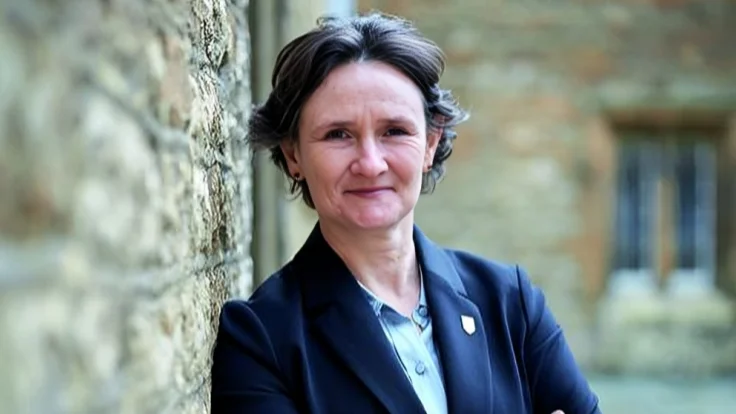A new paper published in Nature proposes a global framework that emphasizes the importance of nature in human progress. The paper, titled 'An Aspirational Approach to Planetary Futures,' suggests a shift from narratives focused on environmental harm to those that highlight the potential for societies to create better futures for all life on Earth.
Professor Erle Ellis from the Oxford Martin School stated, "What we’re proposing is a shift from narratives of environmental harm and failure to stories and evidence that our societies have the capabilities to produce better futures for all life on Earth – and that in many ways we already have." This approach aims to motivate increased collaboration and innovation worldwide by expanding human development to include healthy relationships between people and nature.
The paper is an international collaboration led by the United Nations Development Programme with contributions from researchers including Professor Yadvinder Malhi, Dr. Samira Barzin, Professor Peter Frankopan, Dr. Molly Grace, Professor Sandra Diaz, and Dr. Hannah Ritchie. They propose creating a 'Nature Relationship Index' (NRI) alongside the Human Development Index (HDI) to measure how countries are improving their relationships with nature.
Pedro Conceição, Director of the UNDP Human Development Report Office and contributing author, emphasized the need for this change: "For decades, the human development approach has inspired global progress by focusing on people’s abilities to lead the lives they value... However, in the face of today’s dangerous planetary change, we must raise our ambitions."
The NRI would assess how well countries care for ecosystems and ensure equitable access to nature. It aims to reward positive actions like investing in shared spaces for nature and people rather than just recording decline. The index is expected to debut in the 2026 Human Development Report with plans for regular updates.
Professor Ellis noted that this proposal represents a departure from typical environmental messaging: "This isn’t the usual environmental messaging about limiting damage or staving off disaster." Instead, it focuses on society's capabilities to foster better futures through expanded human development goals.
Yadvinder Malhi highlighted both urgency and opportunity: "There is a need for clear-eyed but hopeful and actionable visions of the future... An invitation to rethink our relationship with Earth." The framework calls on governments, communities, and individuals globally to take measurable steps toward enhancing life on Earth.
The proposed framework could mark a significant turning point in global development by embedding aspirational visions into policies and decisions. As such efforts unfold, there remains hope for a future where people and nature thrive together.

